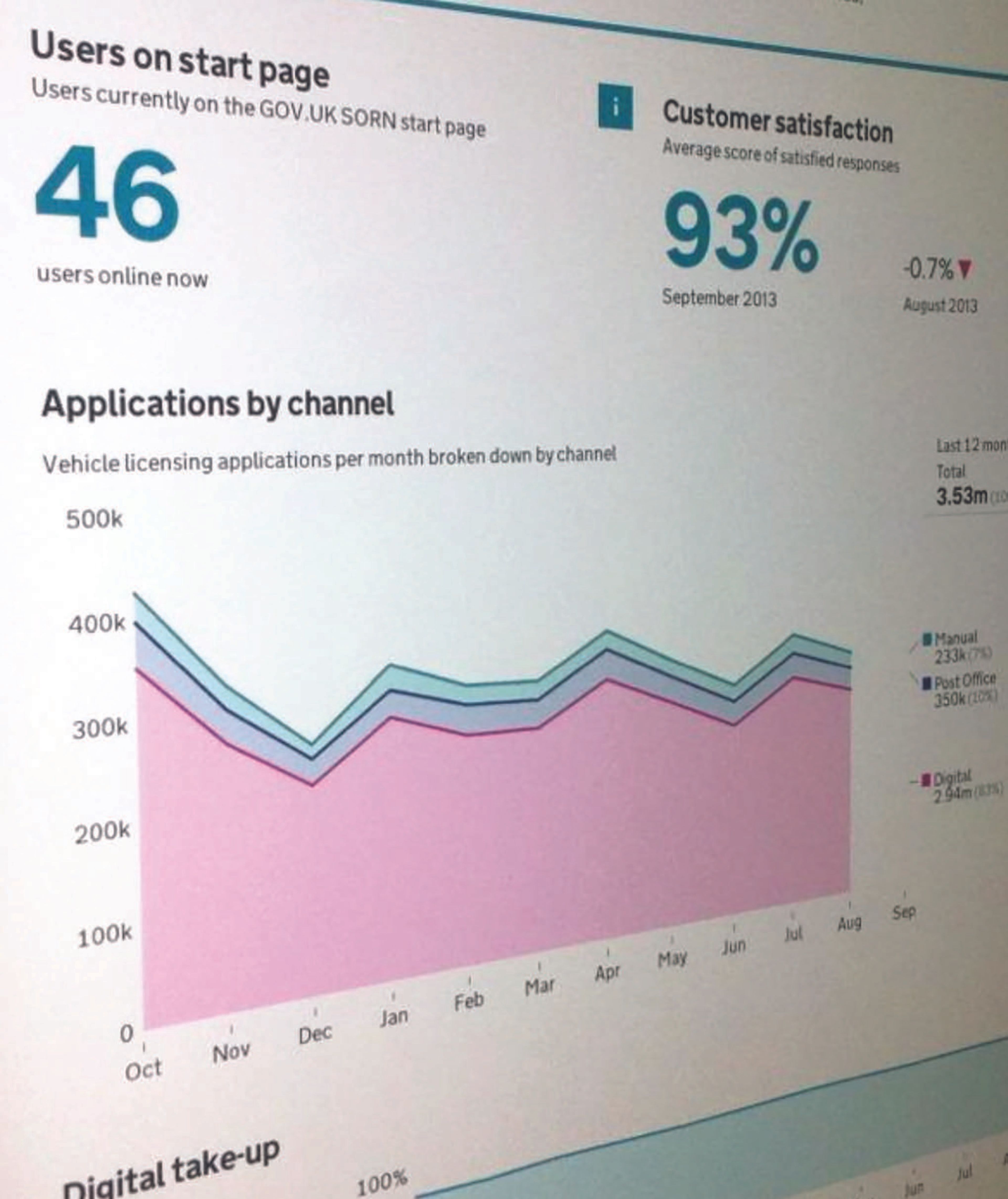The Radical How in a nutshell
Download the full report in PDF format.
The struggles and shortcomings of delivering in government are well rehearsed. Many of the root causes that make it tough have been restated several times over several decades.
The Radical How is about changing how the public service delivers change.
When government tries to predict the future and figures out all the answers upfront, it fails. Responding to reality requires agility.
We believe the government can and should change how it delivers, by:
- embracing test-and-learn approaches at scale
- organizing around multidisciplinary teams
- focusing on outcomes
The Radical How is a change of mindset as much as a change in organisation.
It promotes methods and processes that have been shown to work, multiple times, at scale. They are the default ways of working for many of the world’s most successful companies: Amazon has had scores of "failures," yet it has become the world’s largest online retailer. It has deliberately made many bets, several of which have come off. When it comes to change, the government tends to make one big bet—and it doesn’t always win.

The occasions where a test-and-learn approach has been deployed are rare in government. There are examples scattered throughout recent civil service history, from the Emergency Planning College through to several teams doing exceptional work during the Covid-19 pandemic. But generally, they have happened only when there are exceptional leaders, exceptional circumstances, or both.
We think these ways of working would make a big difference if they became the norm, rather than the exception. We also think that without them, mission-oriented government will not become a reality. New policy ideas will remain just that, rather than translating into profound improvements to society.
Many of these ways of working can be described as being of the internet era. The internet may be decades old, but most government organisations have not yet caught up to the organisational implications it brings. If they can do so, the civil service will have a much better chance of successfully adapting to emerging technology developments like AI than it does now.
Making the Radical How a reality
Very few of these 10 changes are untested. They do not mean throwing everything away and starting again. But they do represent a direct challenge to entrenched structures, behaviours, and beliefs in Whitehall and Westminster.
- Make outcomes matter most
Ministers should care more about outcomes to further their careers
- Let outcomes define accountability.
Hold senior officials accountable for delivering promises, not paperwork
- Demand politicians set direction through missions
Empower civil servants to determine how to make them happen
- Add more teams to get more done
Because multidisciplinary teams are the best unit of delivery, not individual generalists
- Open up
Mandate that teams work in the open, sharing their successes, failures and knowledge in public
- Fund teams, not programmes
Invest public money incrementally, with oversight proportionate to financial risk.
- Reinvent procurement
Buy or rent services that support teams, not simply to whom outcomes are outsourced
- Train civil servants for the internet era
Find, develop and keep the best, most skilled people; reward and incentivise them competitively
- Invest in digital infrastructure
Open data, common platforms, clear design; the basic foundations for everything
- Lead with courage
Accepting and committing to reform is the hardest, but essential first step
This is radical in the sense that it asks powerful people to acknowledge that the status quo needs reform and to take responsibility for that. It’s radical in the sense of getting to the root of what government is for—delivering for the public—and thinking in terms of both the big picture and the practical basics. And it’s necessary: we need a Radical How to underpin any mission-focused government of the near future.